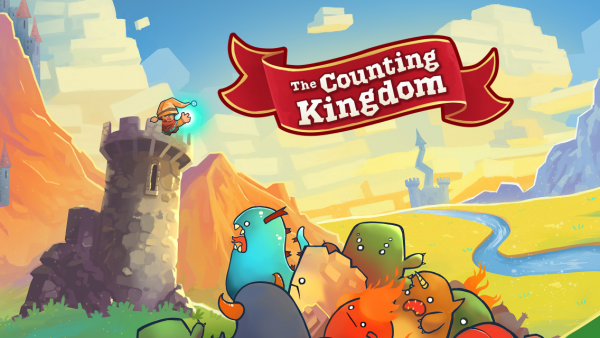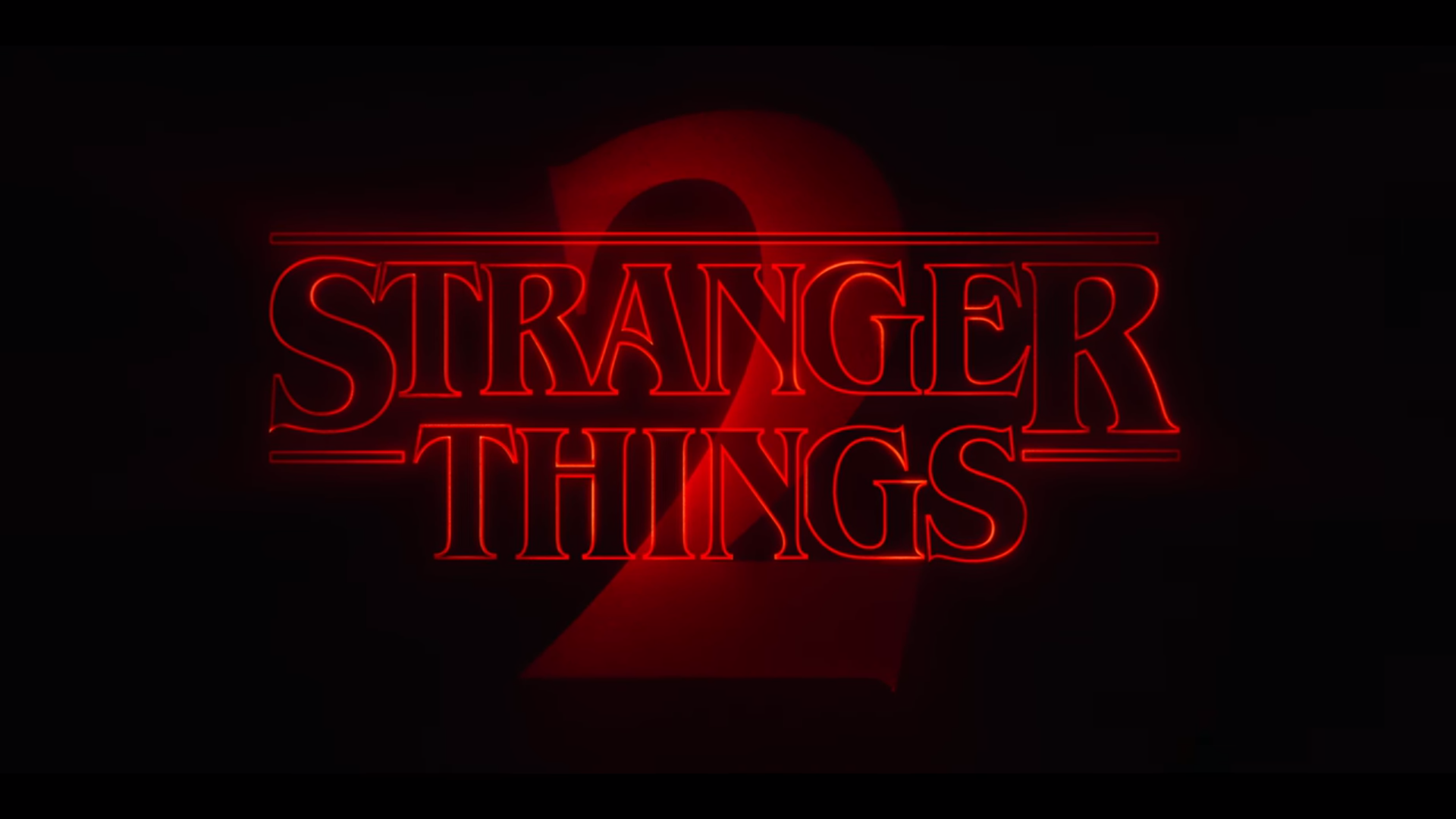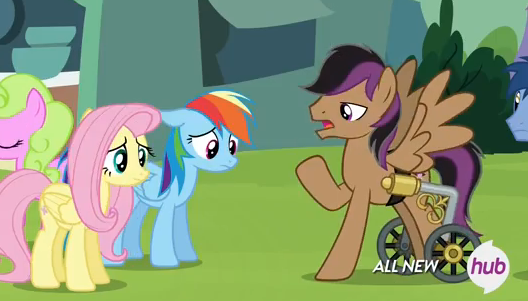I’m not a completionist, as a rule. I don’t have to get all the achievements or find all the secrets or upgrade all the weapons just because. Sometimes these goals feel arbitrary, and frankly, I’ve got better things to do. But there are some goals I will pursue, lying in animated grass for hours if I have to, retrying again and again until I get the timing just right. Sometimes these are official game goals—save everyone in Until Dawn (no matter how annoying Emily was), for instance—but sometimes they’re my own choices. I’ll listen to enemy chatter before I decide how to proceed in a game, because I’m often loath to kill unless something in the game makes me think the characters assigned as enemies need to be punished with death. This means I often prefer games that allow some kind of a choice, and tend to lose interest more quickly with those that don’t (I’m looking at you, Destiny). This doesn’t mean I won’t ever give in (sorry, multitude of dudes I killed for convenience in Metal Gear games over the years when I couldn’t manage nonlethal options), but I do try.
So it is with Dishonored 2. I took some time off from my playthrough for finals madness, and came back to finish. I replayed the mission I was on, the eighth (so close!) so I could regain my feel for the game. I had been trying for no kills but flubbed that early on with a death I didn’t notice and saved beyond, only to realize later that people in this game have a strong tendency to die from accidents. These guards? Super clumsy. Once, a slept guard fell into the water and drowned in the time it took me to complete the pickup animation. Ridiculous. But I was surprised to see that my kill count was at 15. Too high, I felt, even for accidents. The game had me at low chaos, and my kill percentage was low, too, but even though everything seemed to be pushing me toward a murderous Emily—her powers, those clumsy guards, all the charms I’d found that supported assassination—I wanted my Emily to be different. I wanted her to learn, and she was learning, learning to understand that she’d been complicit in so much that was wrong with her empire. That she’d sat by, sulking, while people suffered. Could she learn that if she was killing people who’d just shown up to do their jobs? They had their own lives, paramours they were thinking of, debts, dirty uniforms.

I was one mission from finishing, and I wanted to start over. Not to finish and replay, but to begin again, knowing more of what to watch out for, so I could protect these people from themselves (like the one guard trying to demonstrate a springrazor trap who always managed to shred himself, no matter what I did). Finishing with an Emily so careless felt wrong.
I could wait for the coming update, I told myself, and just play through again, now with a mix of powers. Wait until January, even, when apparently the game’s difficulty will be adjusted (I’ve been playing on Hard and I swear guards can practically smell me sometimes). I could just finish, and do it again. What the hell, I said; I restarted the Grand Palace mission again, and played through with a wanton disrespect for life. I cut off arms. I laid traps. I killed an inconvenient innocent. Why not? This was the Duke’s palace, after all; they were using people for target practice there. It was fun, even. I razed the district and the palace and met up with Meagan at the end, having decided to finish this ruined playthrough to get to that Game Plus mode. When I got to the boat, I created a proper save, rather than a quick save. Low chaos, it said. I’d butchered my way through a whole district, and still it was low chaos. I felt bad then, even though I’d laughed.
I never played a high chaos run in Dishonored. I finished my first playthrough with a bare handful of kills, and in months after, I’d replay levels, half-heartedly seeking Ghost, but really just trying to practice not killing anyone at all. Ghost didn’t matter to me so much, and I never did get that achievement. A few deaths felt right, though. Eventually, I let it go, satisfied.
It’s different now, though. Even the villains in Dishonored 2 feel more nuanced, except for Duke Abele, but his nonlethal fate is much worse for him (and better for everyone else), so no death for him. I didn’t want to kill Breanna; she might be terrible, but I can empathize with her a little. Jindosh was evil, but also an evil genius. And the guards are just doing their jobs. Not even in the sense of soldiers using orders as an excuse to not consider their deeds. They had every reason to believe Emily was an enemy. Disengaged Empress turns tail and then creeps back to cause chaos? Sounds like a criminal.
Of course, they look so hateful when they attack that it’s easy to strip away any humanity. They all have similar busted faces, for the men, and relatively standard faces for the women. They all hate you. They all find some pleasure in your death. They shouldn’t; they should be taking care of the people, but no one’s ever taught them that, I think. It’s hardly an excuse, despite all the people trying desperately to use it these days, still, in the world beyond games, but the world of Dishonored 2 is grim. The gulf between the haves and the have-nots is wide, and the guards seem to want to be separate from the world of peeling wallpaper, from the broken down furniture, from the packs of rats running through buildings.
It’s not a good place, and maybe Emily didn’t create it, but she didn’t do much to help it, either. So I’ll start over, and maybe I won’t finish with no kills, but I’ll cut that number in half, because the narrative I’m building, that’s what drives me to play. That’s what makes the save/reload cycle worth it. My Emily will emerge wiser, with as little blood on her hands as possible, and when she vanquishes Delilah, it won’t feel quite so hollow.





2 thoughts on “The Pursuit of Perfection”
See? This is why I absolutely don’t even bother with AAA games as much as I used to. It is all conflict and fighting, with nothing to show the humanity of the other side you are fighting. Why are they fighting, are they human, what measure is a mook, are they fighting to escape the oppression inherent in the system they grew up? Exceptions to this do apply, but I’ve managed to cut down a lot on my expenditures when it comes to AAA gaming nowadays. That’s why I liked Gone Home, This War is Mine and Life is Strange. There was something in their stories that made feel. Now I just gotta play Virginia and Never Alone.
I agree – I skip so many games now for this reason. I think Dishonored 2 is really trying to add something here, because there’s so much that weighs on the situation (there’s so much to unpack here in terms of politics), but there’s also just so much you can do with games on this kind of scale (unlike smaller games, with tighter worlds).